Discover how smallholders farmers and communities use the PIP approach to transform their livelihoods and landscapes.
CCCD Murwi (Help Channel), CCCD Butaganzwa FECABU, CCCD Kibago RCBIF
2024 – 2030 > Murwi, Butaganzwa, Kibago
Help a Child, Help Channel Burundi, FECABU, RCBIF
To improve children’s living conditions by 2030, the program strengthens community livelihoods and resilience capacity. Activities focus on raising awareness on climate change, promoting smart agriculture and soil protection, and improving post-harvest management. It also emphasizes food storage in community warehouse to safeguard food security, particularly during shocks and stresses.
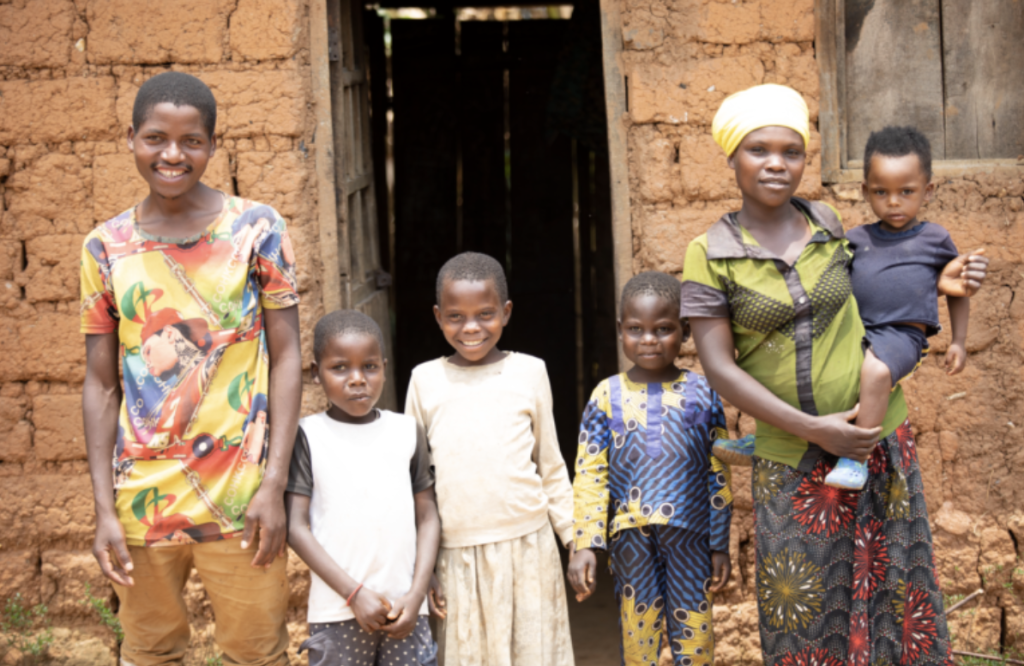
Fanning the Spark - SCAD (Solidarité Communautaire pour l’Auto Développement)
2013-2016 > Gitega, Muyinga, Makamba
Wageningen Environmental Research, HealthNet-TPO, Achmea, Réseau Burundi 2000+
The first PIP-project in Africa, Fanning the Spark improved food, financial and social security of local communities in three provinces. Technical assistance and the set-up of mutual insurance companies fostered intrinsic motivation, integrated farming practices, enhanced community leadership, and improved knowledge-sharing.
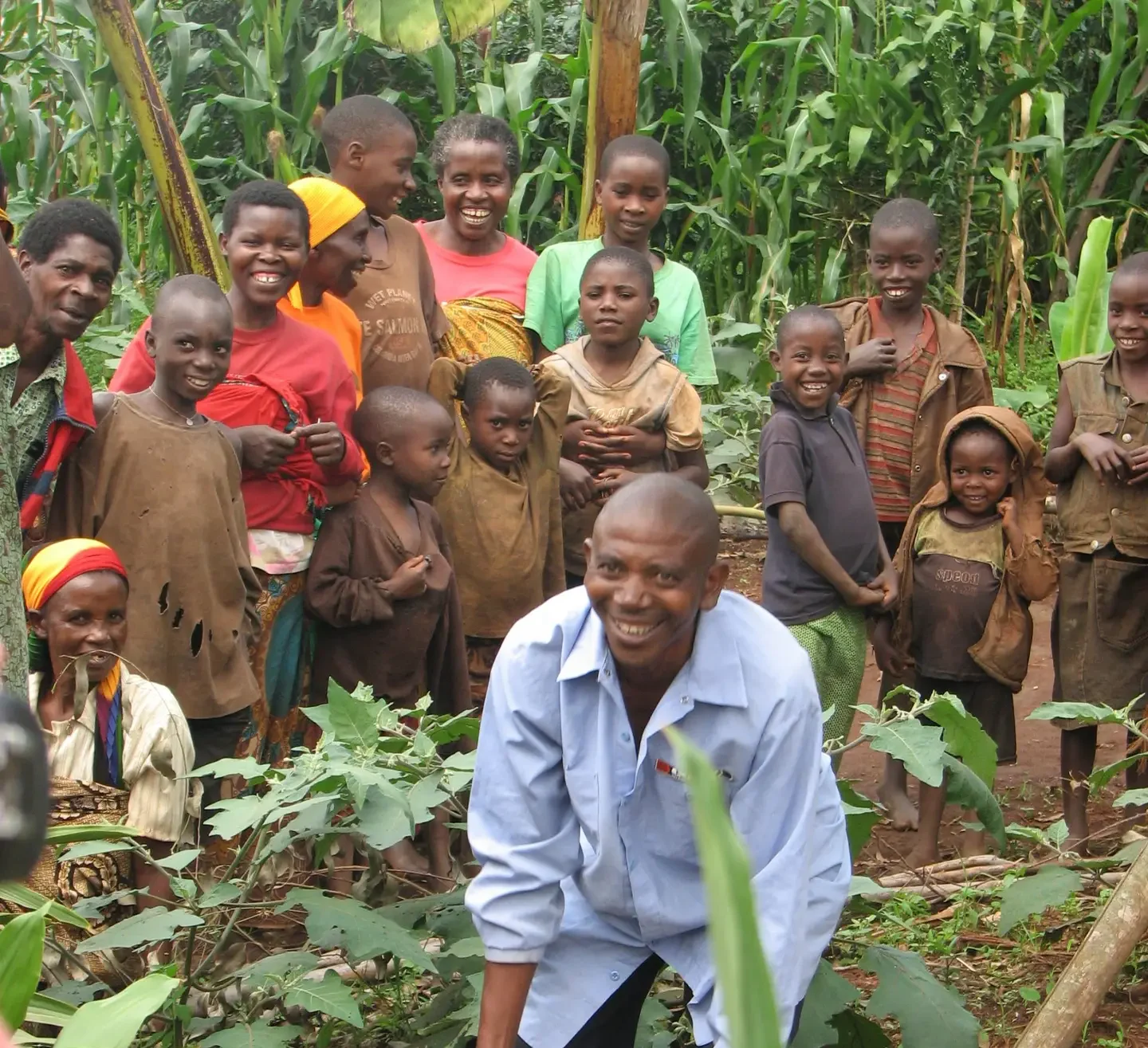
Fish Farming Value Chain Development
2019-2026 > Nyanza Lac, Gitega, Cibitoke, Ngozi, Bubanza
Wageningen University, Agape, ELAGA
The project contributes to improved livelihoods and higher food security of the rural population in Burundi by developing fish farming as a new profitable value chain. It aims to establish 3 fish farms in different regions of Burundi, managed by 12 associations and 3 cooperatives.
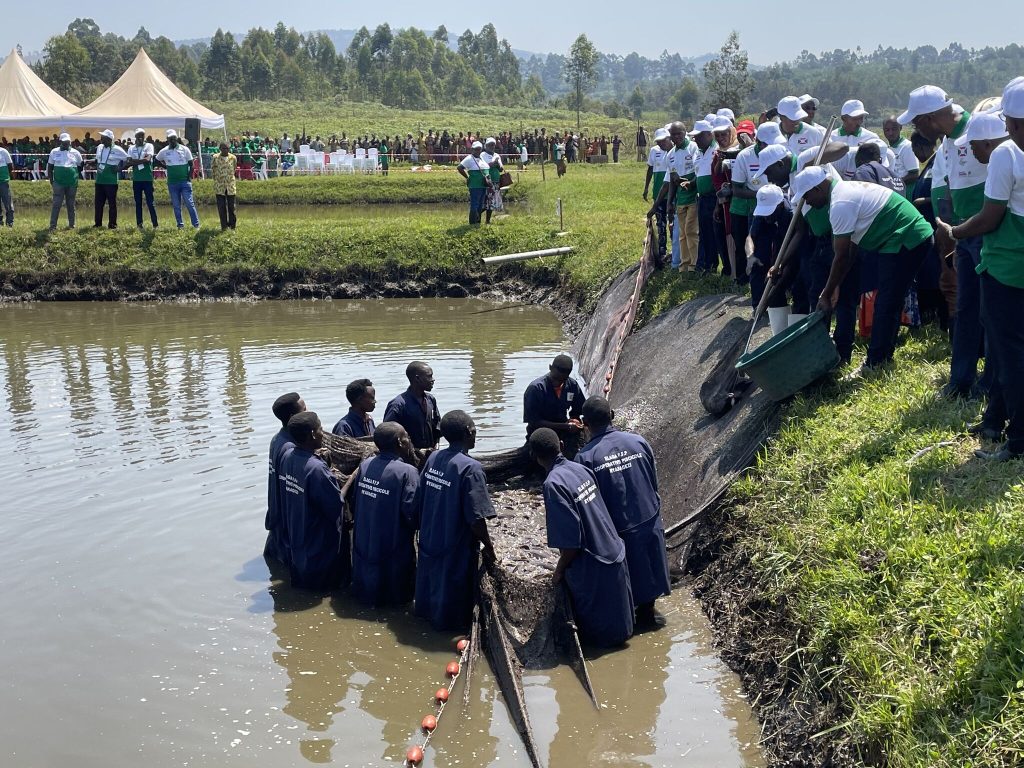
PAGRIS (Projet d’Appui pour une Gestion Responsable et Intégrée des Sols)
2020-2026 > Bujumbura, Cibitoke, Makamba, Muyinga, Rumonge, Bubanza, Gitega
IFDC, Wageningen Environmental Research, Twitezimbere
PAGRIS promotes ecologically sustainable land management across plot, slope, and institutional levels. Combining local knowledge and capacities with scientific research, the project introduces technical and social innovations to increase food productivity and security.
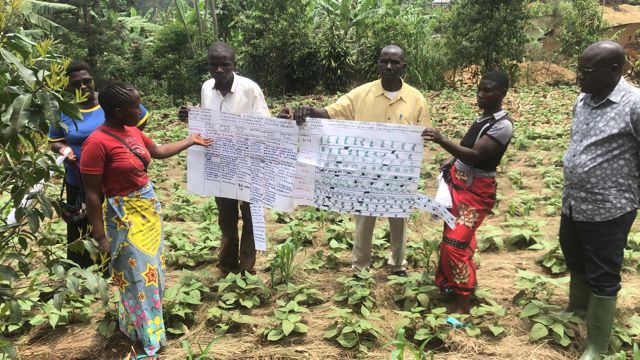
PAPAB (Projet d’Appui à la Productivité Agricole au Burundi)
2013-2016 > Bujumbura, Cibitoke, Makamba, Muyinga, Rumonge, Bubanza, Gitega
IFDC, Oxfam Novib, ZOA, Wageningen Environmental Research
The project promoted market-oriented, climate-resilient farming techniques and strengthened the National Fertilizer Subsidy Programme. This helped over 900,000 farming households sustainably improve productivity, build resilience, and raise their incomes.
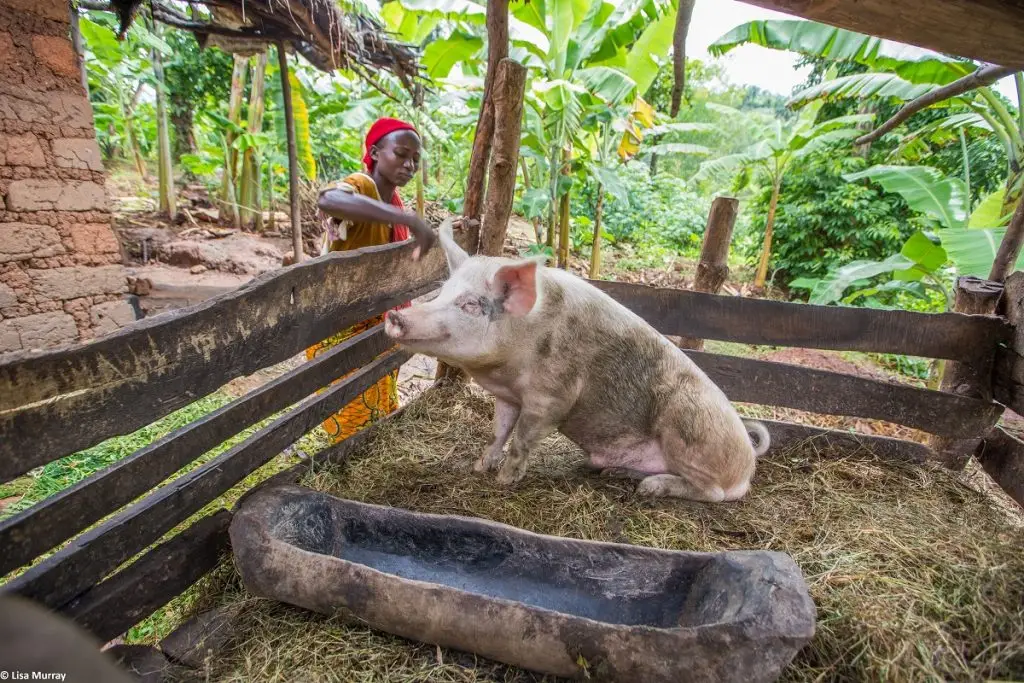
We are Able!
2021-2025 > Kalehe, Idjwi
ZOA, African Disability Forum, SeeYou, VNG International, The Hague Academy for Local Governance and Leprazending
The We Are Able! project improves food and nutrition security for people with disabilities through advocacy and inclusion. It partners with Disabled People’s Organizations (DPOs) and Civil Society Organizations (CSOs), using the PIP approach to empower individuals, raise awareness, and engage authorities in creating inclusive food security policies.
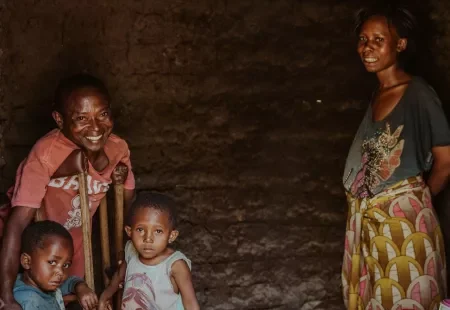
TRIDE
2021-2025 > Rutshuru, Nyiragongo, Masisi, Kalehe, Idjwi, Uvira
ZOA, WENR, Agriterra, VNG international
The project promotes stability and economic growth in Eastern DRC by addressing key insecurity drivers: land access, resource governance, and market gaps. Through PIP, it enhances tenure security, integrated water management, and inclusive value chains, fostering local ownership, institutional collaboration, and sustainability for lasting food security and reduced resource conflict.
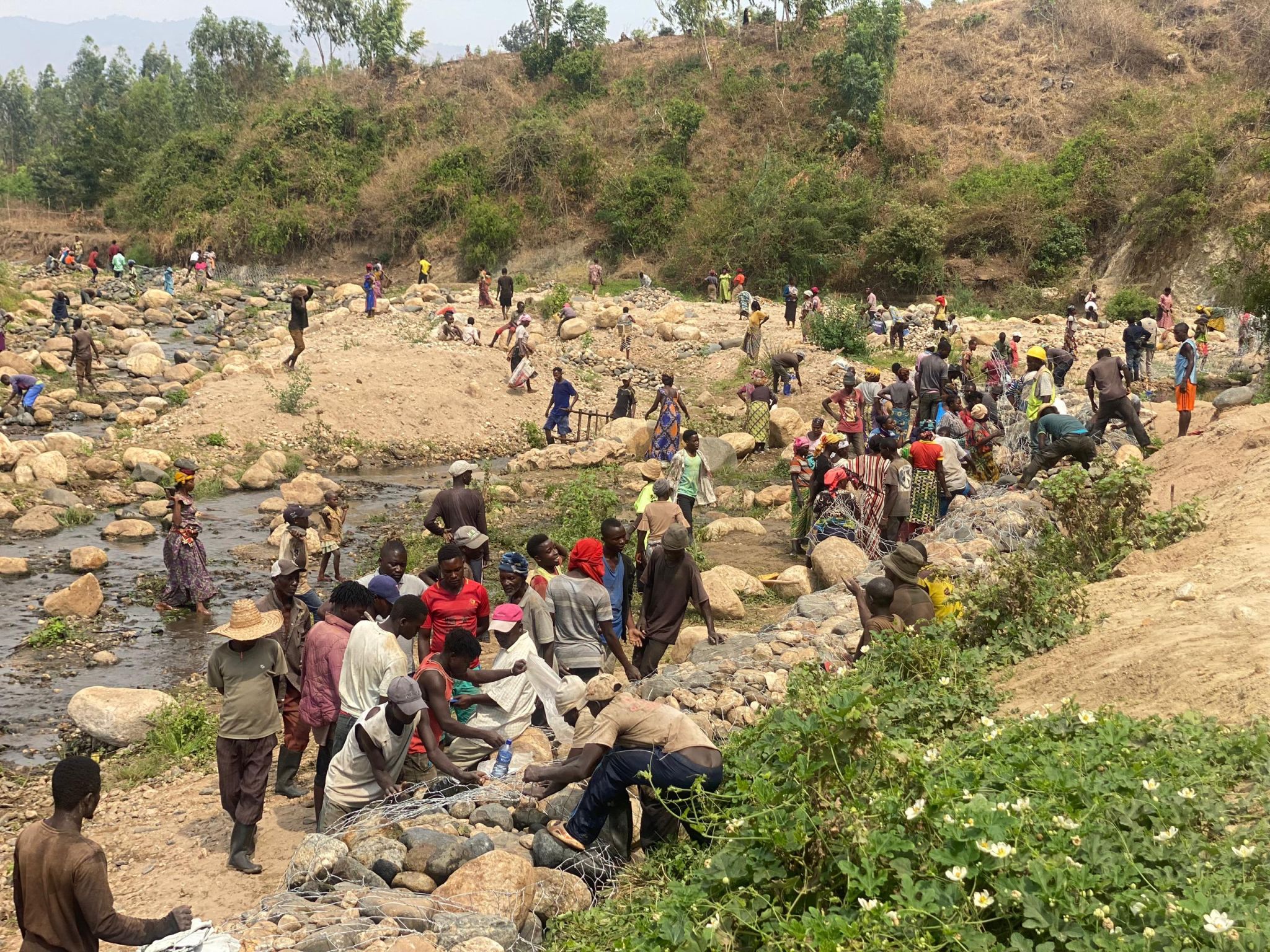
IWRM “Maji ya amani”
2017-2022 > Luberizi
ZOA, IRC, Search for Common Ground
The “Maji Ya Amani” (“Water of Peace”) project enhanced access to water and land in Luberizi to reduce conflict and foster peace among ethnic groups. Using the PIP approach, it promoted sustainable farming and reforestation, supported farmer self-reliance, and protected watersheds to build long-term stability in the Ruzizi Plain.
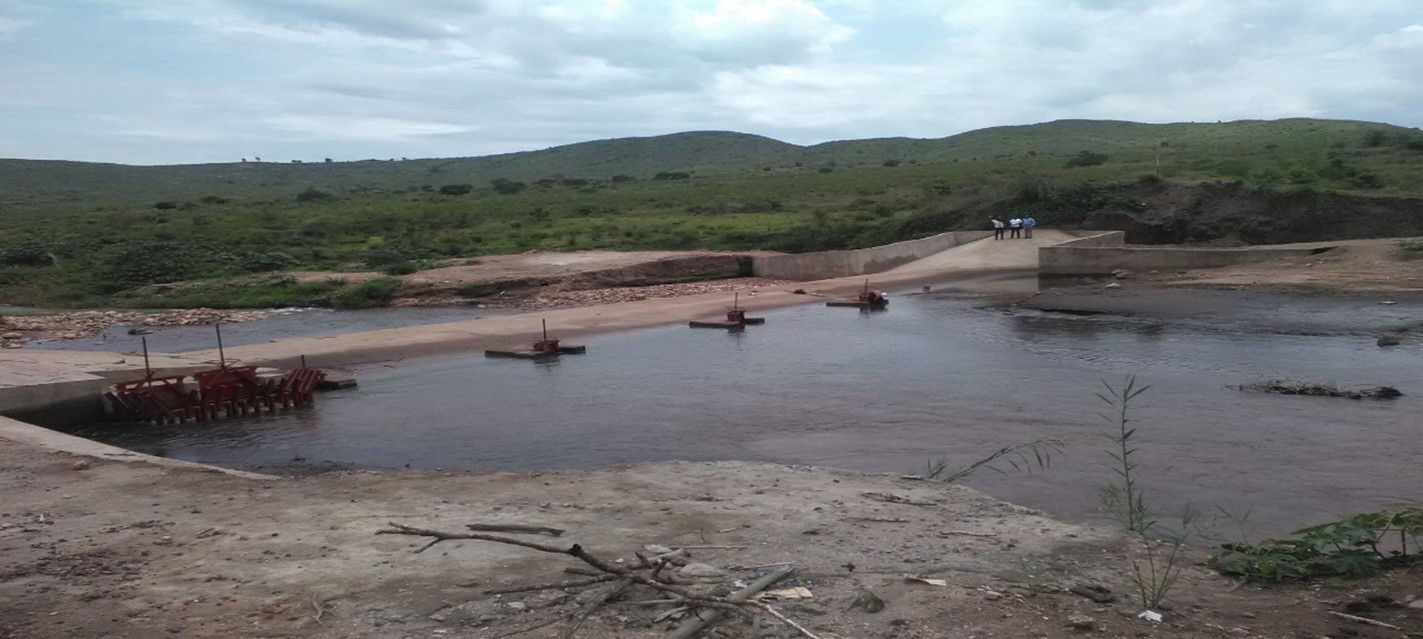
Empowering women and girls to restore their dignity
2021-2024 > Uvira, Kahungwe
ZOA, IRC, Search for Common Ground
This project reduces gender-based violence and supports women’s dignity in three villages in South Kivu. It uses the ‘Transforming Masculinities’ and PIP approaches to support survivors, men, and youth through income-generating activities and VSLA groups, strengthening economic autonomy and ensuring lasting community impact.
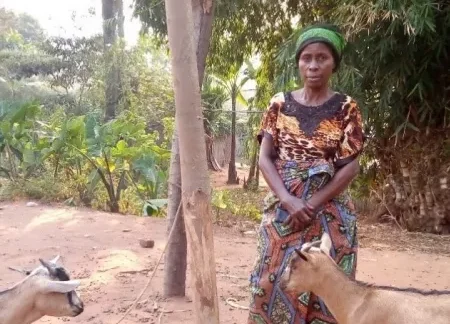
Empowering women and girls to restore their dignity
2021-2024 > Uvira, Kahungwe
ZOA, IRC, Search for Common Ground
This project reduces gender-based violence and supports women’s dignity in three villages in South Kivu. It uses the ‘Transforming Masculinities’ and PIP approaches to support survivors, men, and youth through income-generating activities and VSLA groups, strengthening economic autonomy and ensuring lasting community impact.

Plan, Invest and Prosper
2025-2027 >Minya
Dorcas
The Plan, Invest and Prosper initiative supports 1,200 smallholder households in Minya, Egypt, by boosting resilience and incomes. Connecting farmers to value chains, it promotes collective action for purchasing, processing, and marketing to improve efficiency and market access. The project also tackles land fragmentation, gender inequality, and climate risks, and leverages partnerships with local actors to ensure long-term impact.
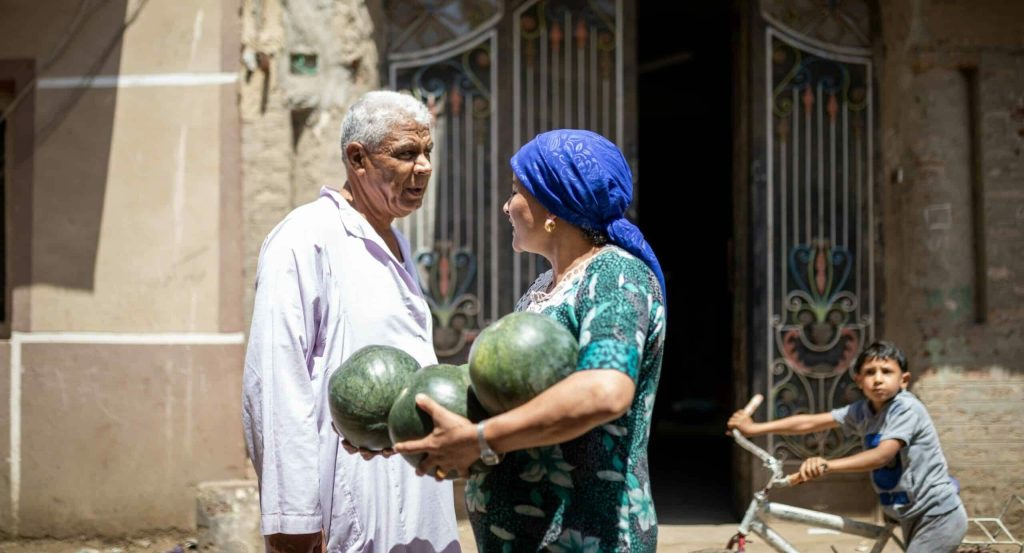
TRANSFORM
2025-2028 > Oromia, Amhara, South Ethiopia
IFDC, Wageningen Environmental Research, SWR Ethiopia, ISRIC, SOS Sahel, EFCC
TRANSFORM empowers 100,000 small-scale farmers across three Ethiopian regions by promoting sustainable soil fertility practices. Activities include customized extension services, improved access to soil inputs, farmer training, strengthened research, and creating an enabling environment through participatory planning to enhance productivity and resilience across 65,000 hectares of farmland.
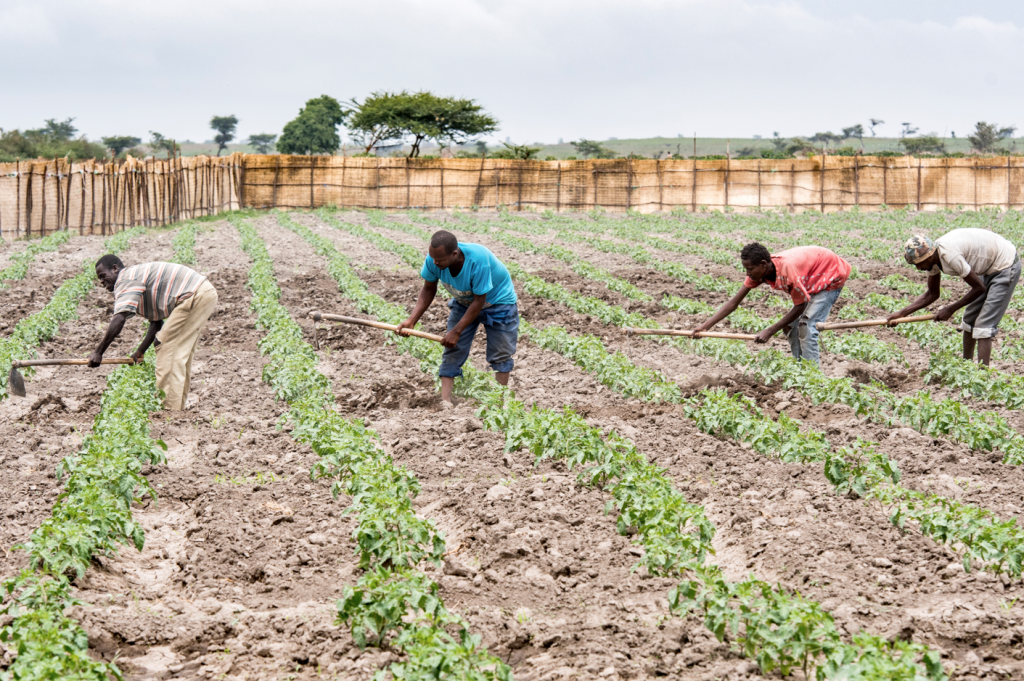
Let Shalla Flourish
2025-2027 > Senbete Shalla
Woord en Daad, HISDO, BBBC
The PIP-project in Shalla follows a WASH-project, in which Woord en Daad focused on irrigation. In the coming years, local farmer families will be working with the PIP approach to further strengthen sustainable water management, enhance food security and build overall resilience.
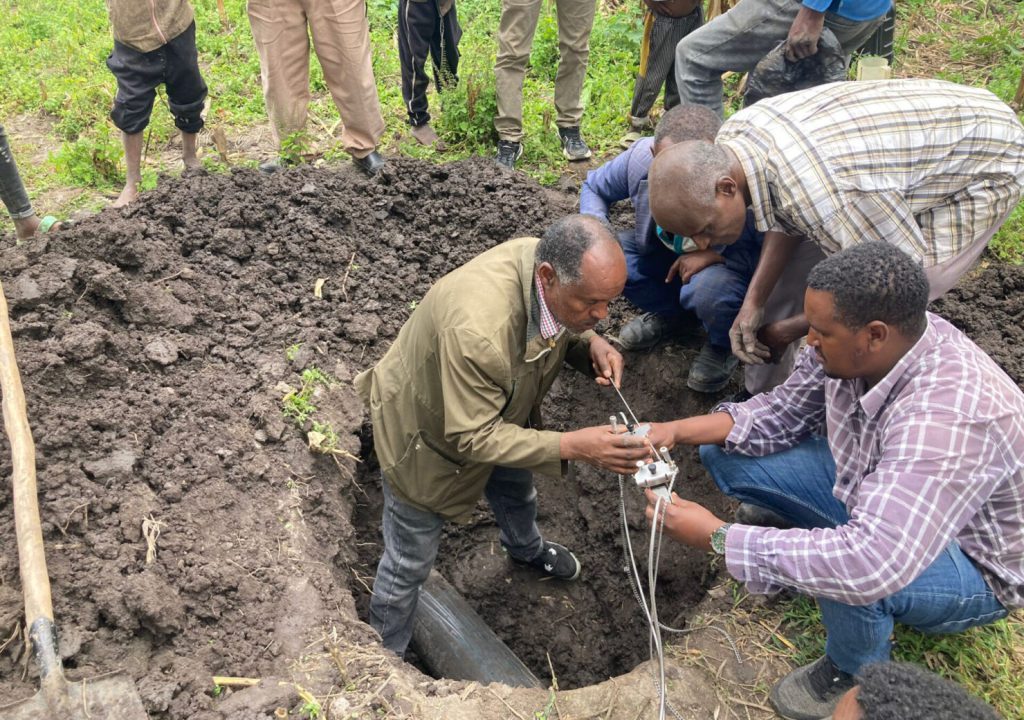
India Child Developement Program
2020-2028 > Gajapati, Nabarangpur, Purnea
Help a Child, Gramodaya, Women of India
Farmer families strengthen socio-economic resilience through the PIP approach. Linked to government schemes, they receive support in composting, poultry, aquaponics, intercropping, and organic farming. By diversifying agriculture and adopting climate-adaptive practices, households improve food security and income, enabling parents to better care for their children and build sustainable futures.
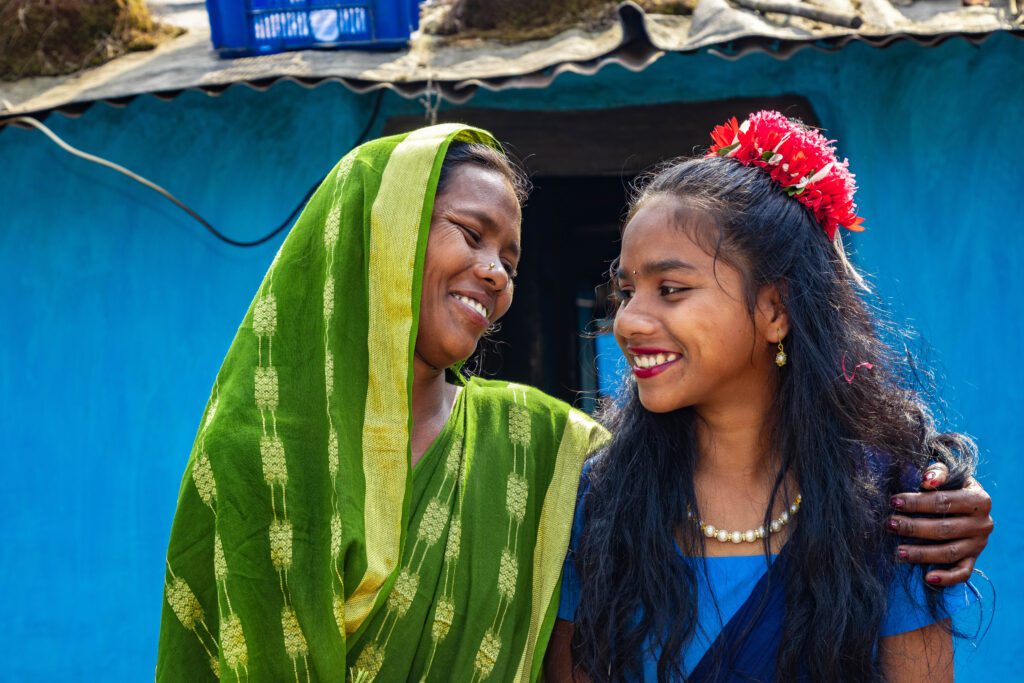
Child Centred Community Development Program
2021-2027 > Bomet, Busia, Kitui
Help a Child, ADS South Rift, NCCK, AICCAD
The project supports over 1,000 farmers in building their resilience through the PIP approach. Families are trained in agroforestry, poultry, beekeeping, and modern dairy while applying climate-smart technologies. Access to markets and value addition ensures farmers can convert skills into sustainable income, resulting in improved livelihoods and stronger communities.
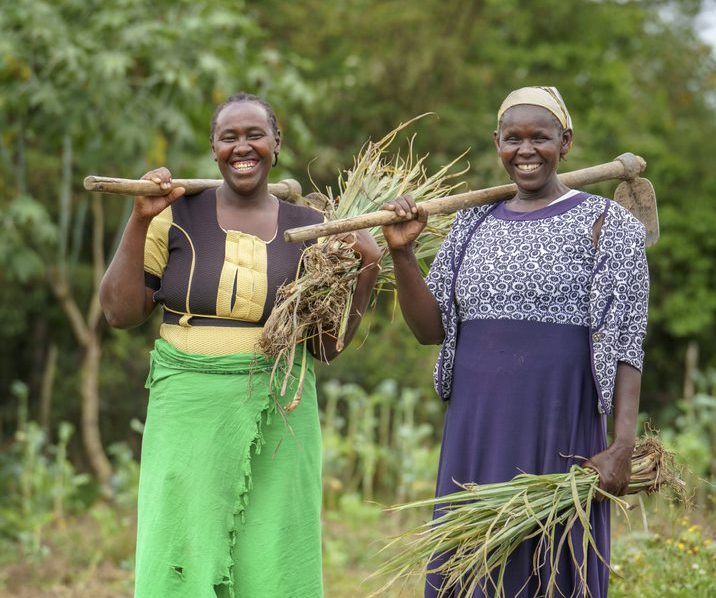
Several EU projects with District Councils
2024 – 2029 > Nkata Bay, Rumphi district
Help a Child, EU, Malawian District Commission Rumphi, Malawian District Commission Nkata Bay
District councils and communities work together to restore degraded forests and agricultural landscapes in EPAs. Guided by the PIP approach, households are inspired to adopt ecosystem-based practices that regenerate biodiversity and natural resources.
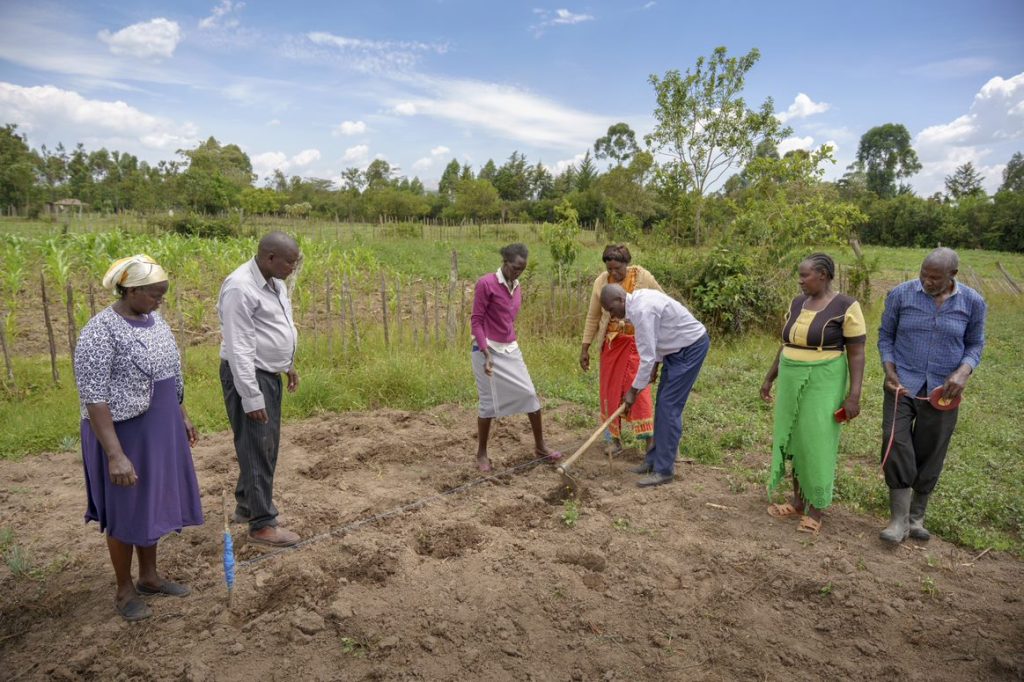
Child Centered Community Development Program
2024 – 2029 > Zilakoma, Mwansambo, Mwalwene
Help a Child, LISAP, WACRAD
Farmer families receive support to diversify their farms and improve soil health through composting, agroforestry, and climate-smart techniques. Training in financial literacy and income-generating activities helps households build sustainable livelihoods and reduce vulnerability to environmental shocks.
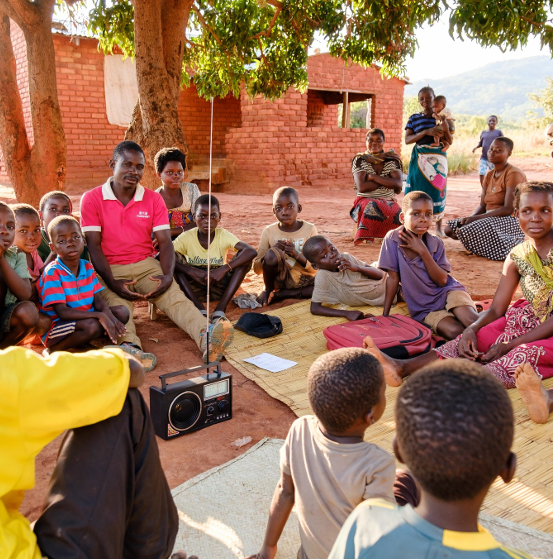
PIP Phase 2
Nhamatanda (Sofala)
Dorcas
The project targets over 1,200 farmers in Tica and Lamego, promoting climate-smart agriculture, animal husbandry, and sustainable land management practices. A key component is the Sasso chicken value chain, which empowers women and youth through poultry and business training. The project explicitly promotes inclusion, actively working with people with disabilities, the elderly and orphans.
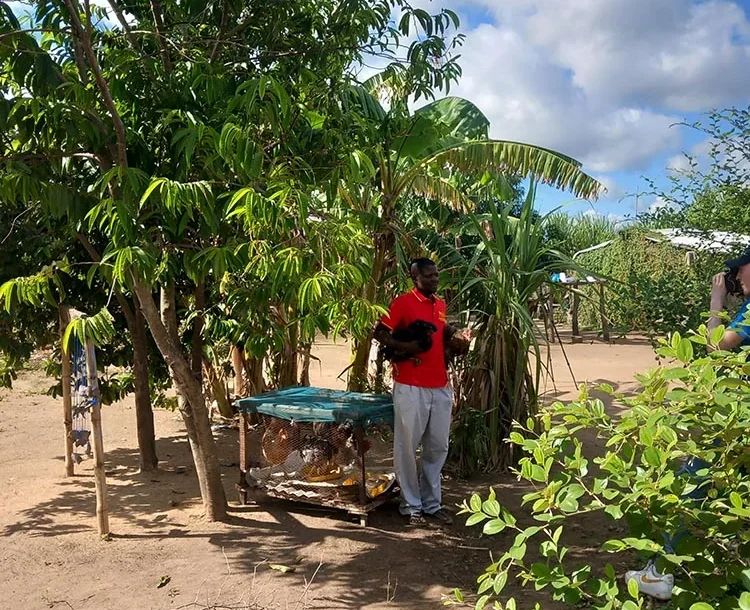
CFGB - Cash Assistance for Food and Support for Biu
Biu, Borno State
ZOA, LHI
The project improves food and nutrition security for crisis-affected internally displaced persons, returnees, and host communities in Biu LGA, Borno State. It combines emergency aid with recovery through cash assistance and livelihood restoration. In its final year, ZOA and Life Helpers Initiative apply the PIP approach and train farmers in climate-smart agriculture.
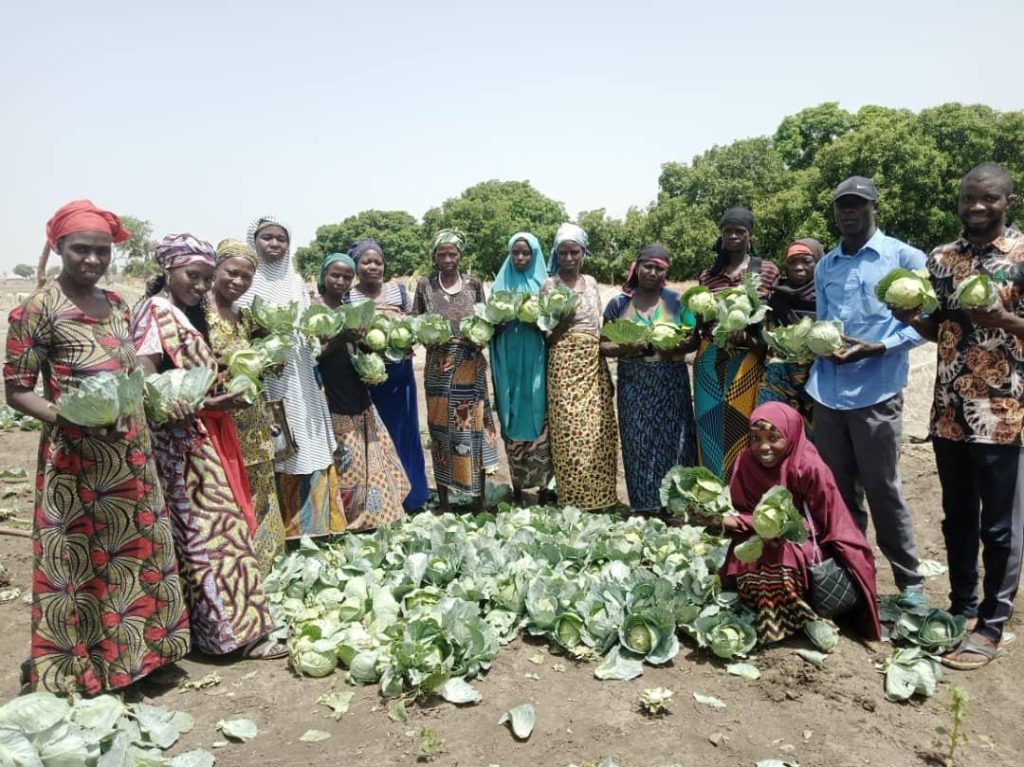
Turakura Kids Rwanda
2024 – 2028 > Rwamagama, Bugesera, Rusizi
Help a Child, AEE Rwanda, EPR
Through the PIP approach and Positive Parenting groups, Turakura Kids Rwanda supports families with savings, loans, and small business investments. Communities learn about climate-resilient farming, disaster preparedness, and environmental restoration. Practical actions, such as tree planting and kitchen gardening, strengthen food security and ensure children grow up in healthier, more secure environments.
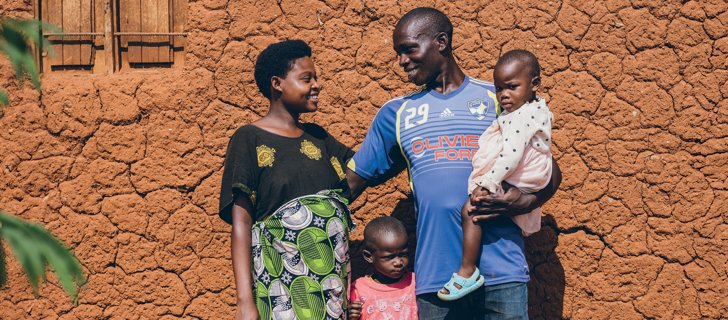
The Catch of Tomorrow
2023-2027 > Madhu, Manthai
Woord en Daad, OPEnE
PIP is combined with foodforestry for agricultural as well as fisheries communities. The original project was focusing on sustainable fisheries. PIP and foodforestry have been added to work on income diversification.
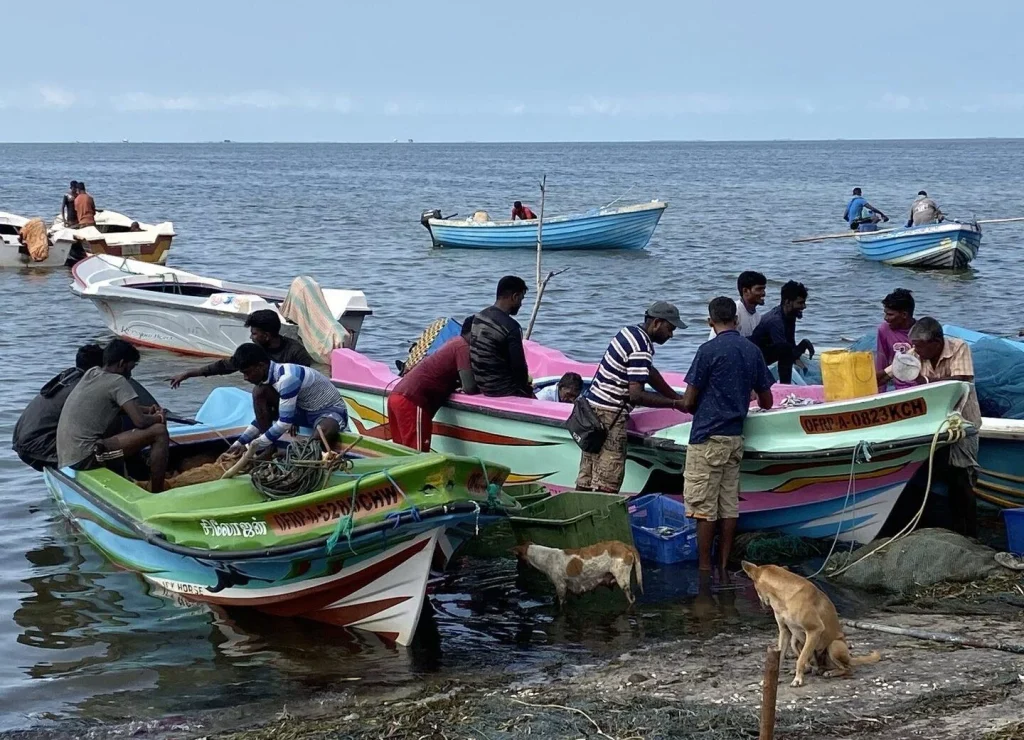
Emergency Support for Earthquake Affected Communities in Syria
2023-2025 > Maskana, Aleppo governerate
ZOA, Woord en Daad
The project supported earthquake-affected Syrian communities by restoring access to essential services such as water and irrigation infrastructure, enabling sustainable rebuilding of communities and recovery of family life. Through the PIP approach, the project strengthened the resilience of vulnerable host communities and internally displaced farming families, laying the foundation for lasting stability.
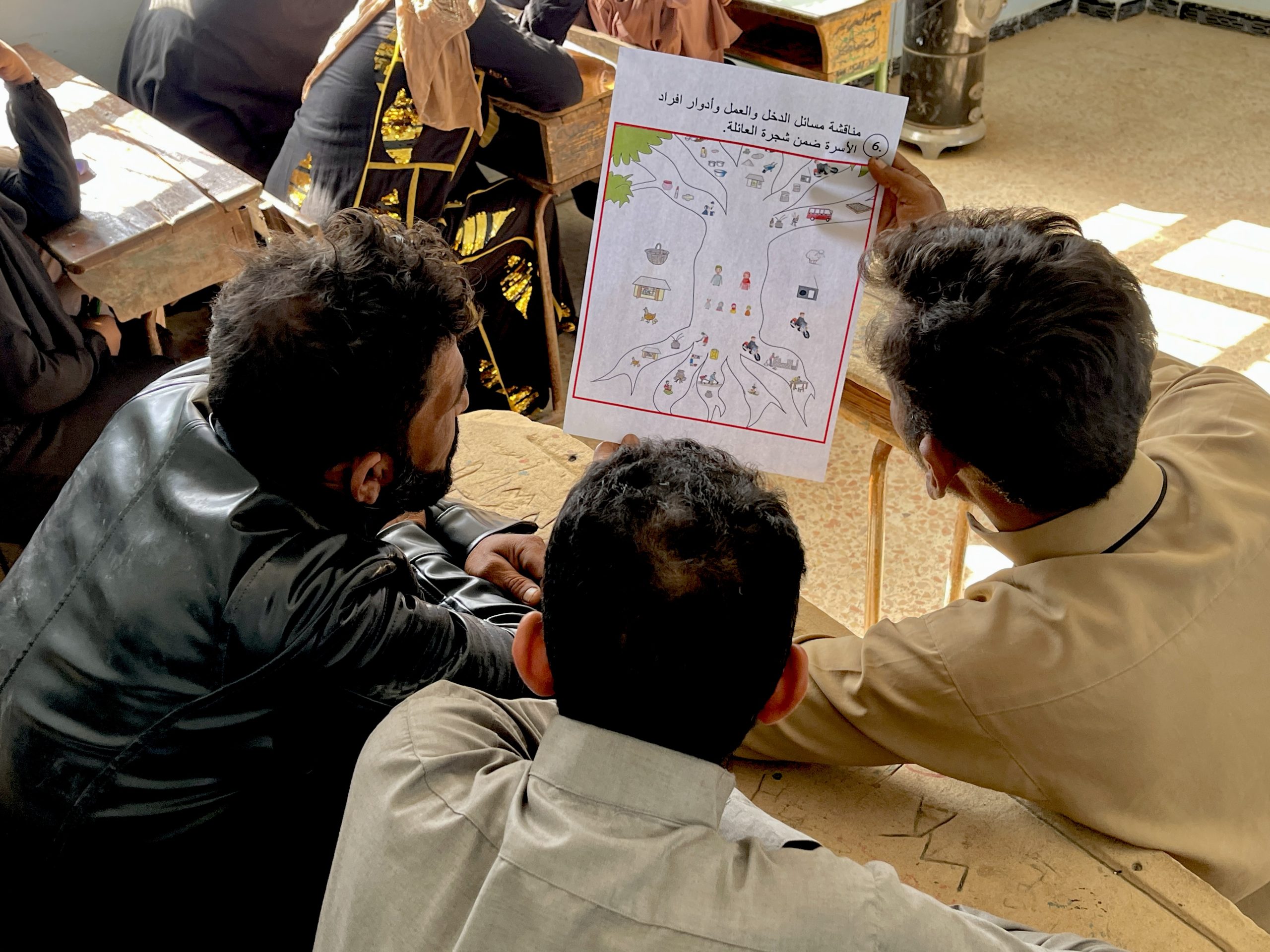
Chemba Integrated Farm Planning
Chemba
Dorcas
The project in Chemba district supports over 1,500 smallholder farmers in building resilient, self-reliant communities through climate-smart agriculture, horticulture, agroforestry, bee-keeping and financial inclusion. Key outcomes include improved yields, better nutrition, and income generation, with a notable success being a 200-member honey cooperative accessing profitable markets.
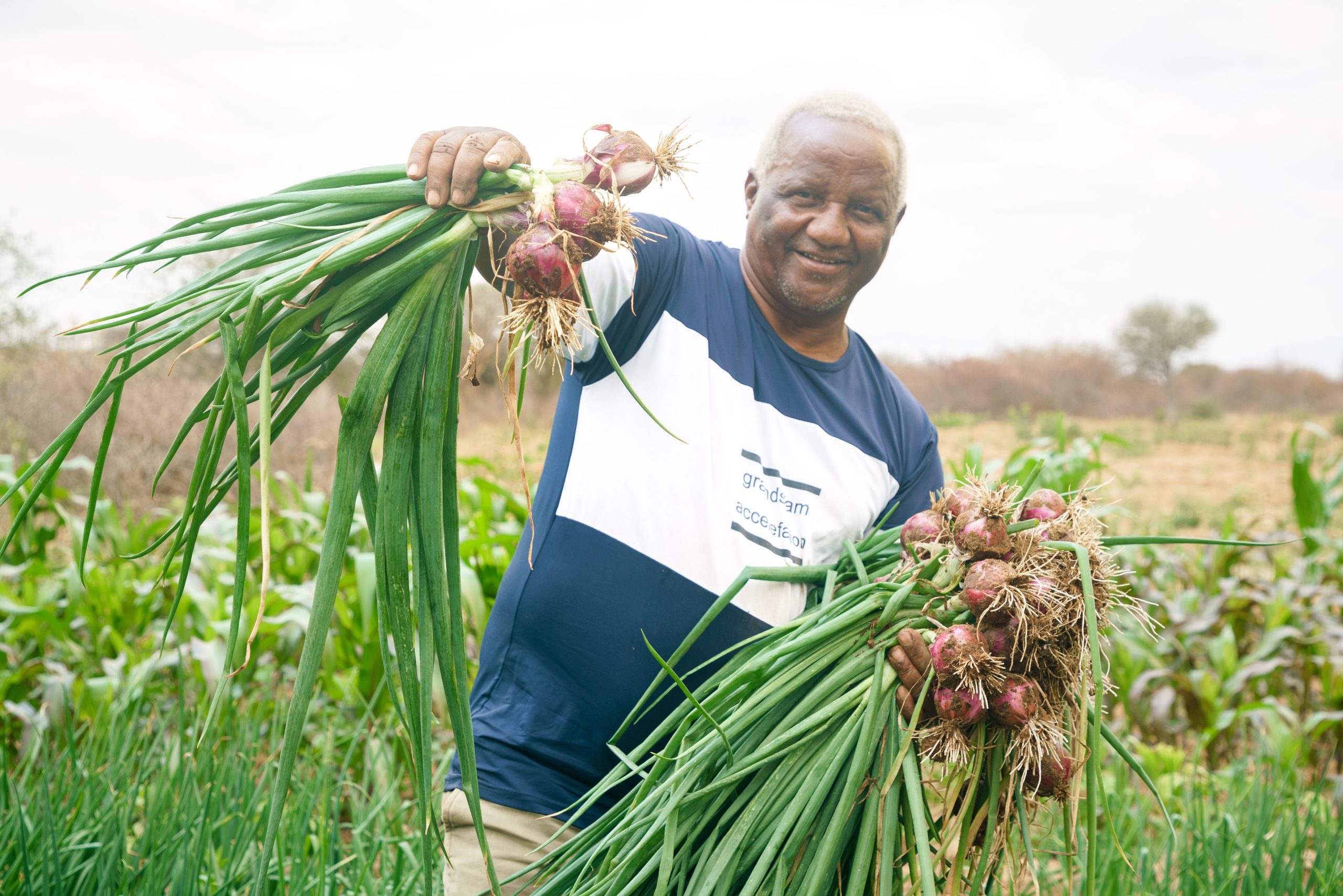
BRIGHT (Building Resilience and Inclusive Growth of Highland farming systems for rural Transformation)
2022-2026 > Rwenzori, Kigezi, Mount Elgon
IFDC, Agriterra, Ministry of Agriculture, Animal Industry and Fisheries (MAAIF), National Agricultural Research Organization (NARO)
The BRIGHT project aims to strengthen the resilience for over 100,000 Ugandan highland farm households against economic and climate shocks through inclusive planning, climate-smart agriculture, and landscape restoration. BRIGHT empowers farmers by improving financial inclusion, nutrition, and land productivity through community training, innovation, and partnerships with local institutions.
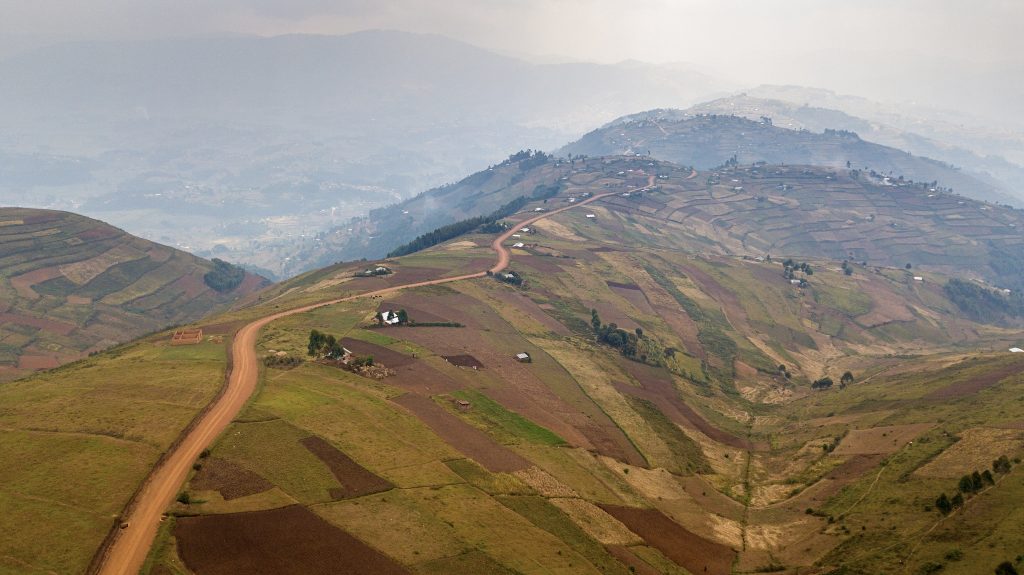
MWARES (Manafwa Watershed Restoration and Stewardship project) 2019-2022
2019-2022 > Mbale/Elgon, Bududa district
Wageningen Environmental Research, Africa2000Network (A2N) Uganda
MWARES worked towards restoring resilience and stimulating stewardship in the Manafwa watershed in Eastern Uganda. Achievements include improved household and community relations, significant adoption of sustainable agricultural and conservation techniques, increased multi-stakeholder collaboration and reduced conflicts.
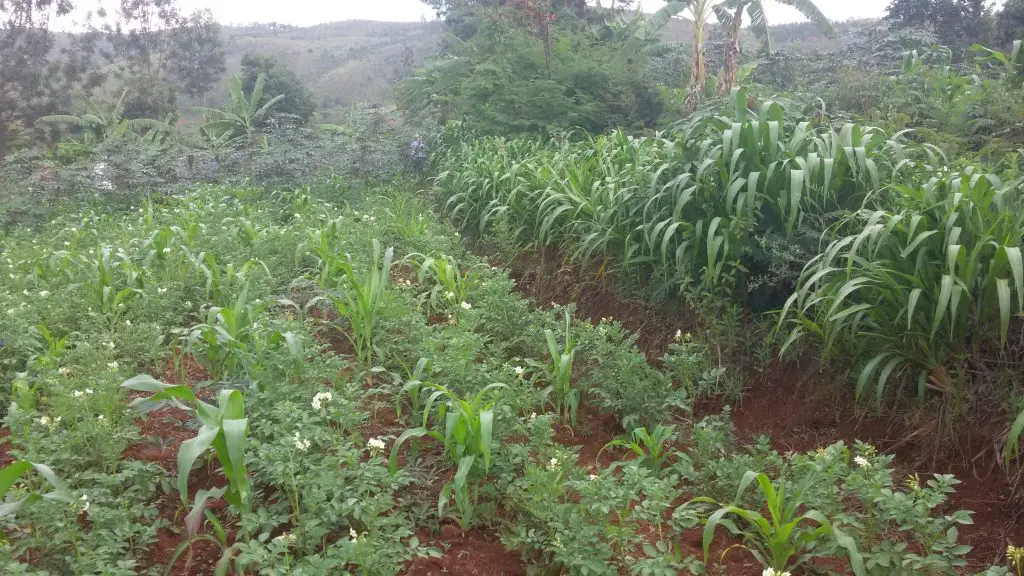
CommonGround
2022-2026 > Elgon, Rwenzori, Kigezi
Wageningen Environmental Research, ISSD, Agriterra
CommonGround aims to build resilient farmer communities and watersheds in the highlands of Uganda, based on sustainable farming systems, restored watersheds and improved marketing opportunities. Grounded in resilience-based stewardship, it fosters sustainable environmental management, improved social cohesion, and enhanced income generating activities.
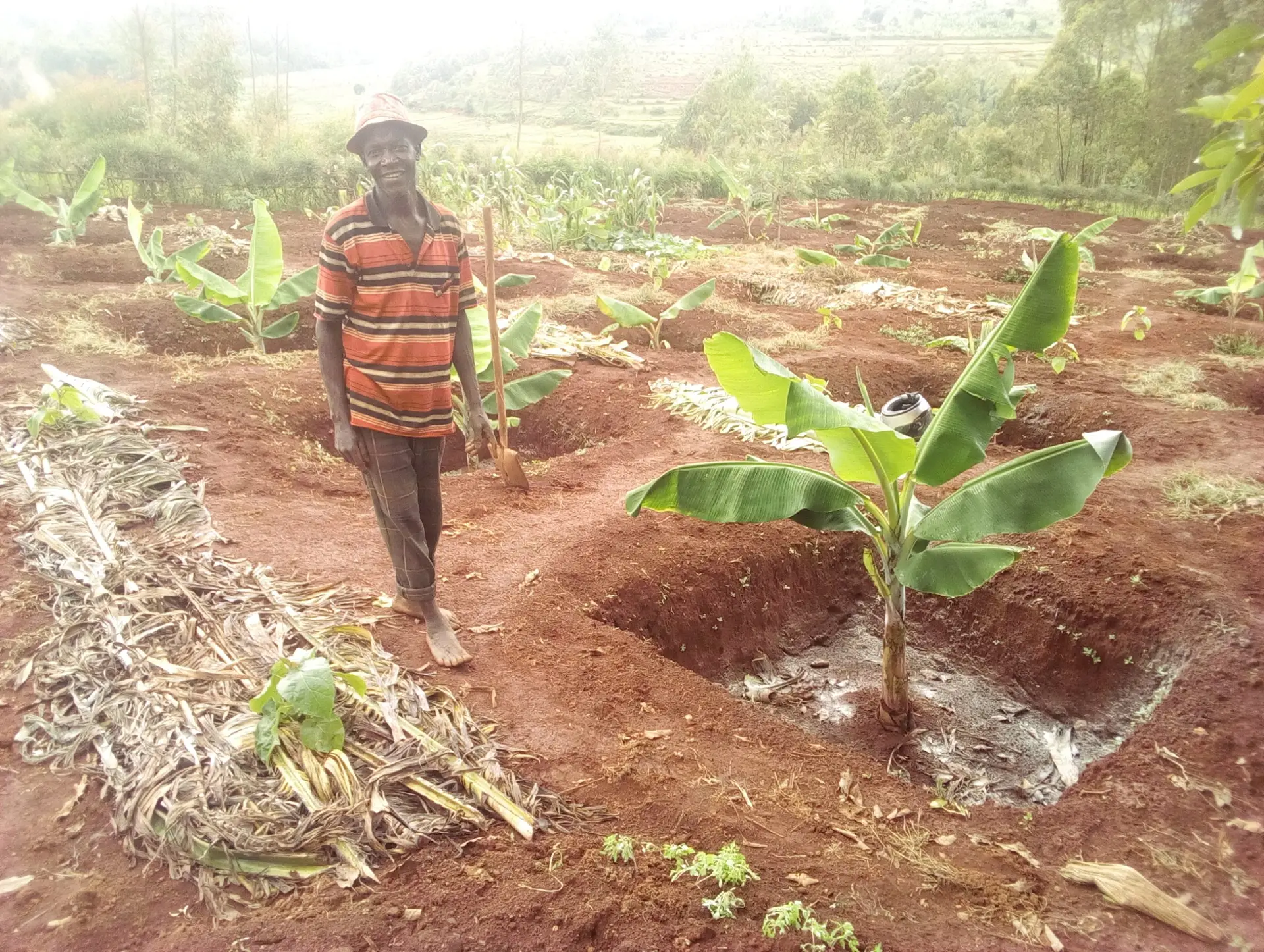
INSPIRE
2024-2029 > Busoga, Lira
Wageningen Environmental Research, GOAL, Agriterra, Resilience
Launched in 2024, INSPIRE aims to transform the lives of 200,000 smallholder farmers in Uganda’s Lango and Busoga regions. By promoting community resilience and agency, sustainable farming systems, inclusive market development, and institutional strengthening, the project enables farmers to make informed decisions and actions to strengthen their food security.
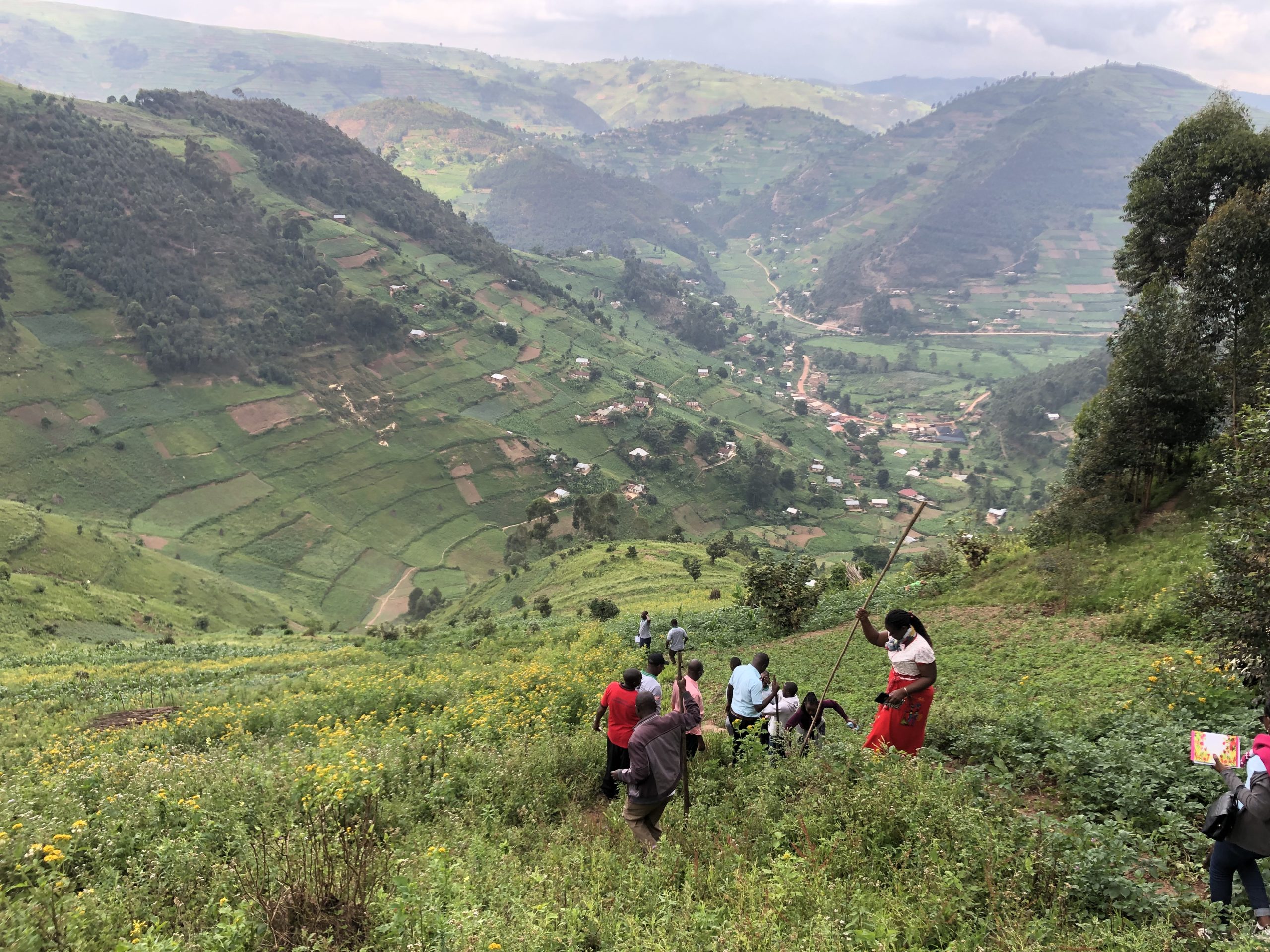
Veerkrachtig Karamoja
2025-2028 > Karamoja, Otuke, Abim
Woord en Daad, ADP, AMG
This PIP-project focuses on building resilience among farmer households. The project is linked to WD’s TVET-program, working on youth employment, and the sponsorship-program. Youth and school children are involved as ambassadors.
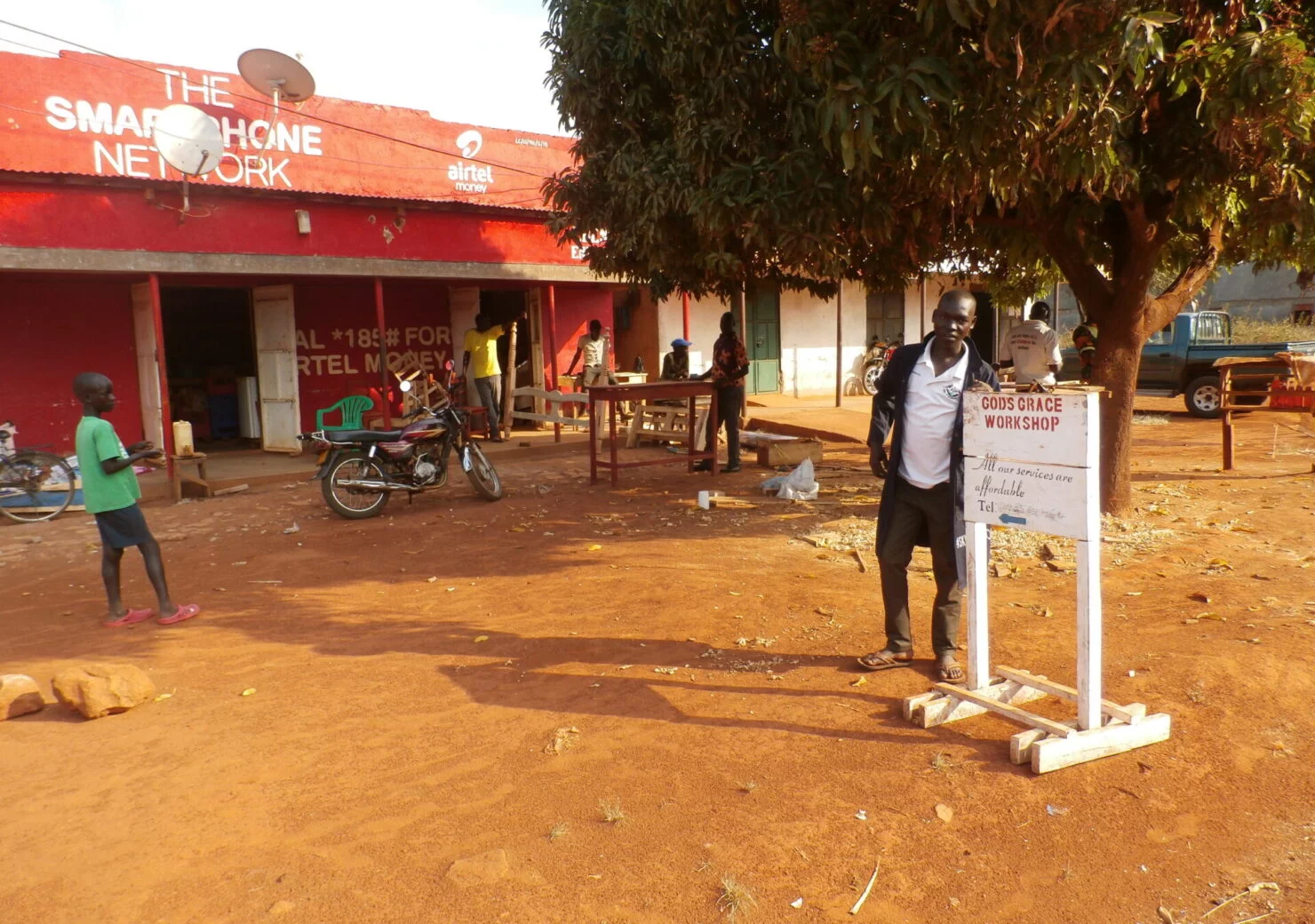
DRIVE
2024-2027 > West Nile, Terego and Madi Okollo Districts, including Imvepi and Rhino Camp Refugee Settlements
ZOA
The DRIVE project strengthens West Nile’s food systems by boosting agricultural productivity, supporting smallholders, and improving market access. Using the PIP approach, it promotes climate-smart practices and market linkages through demo plots, the iKnowFarm app, and business exchanges. Marketing groups are set up to enhance competitiveness and community resilience.
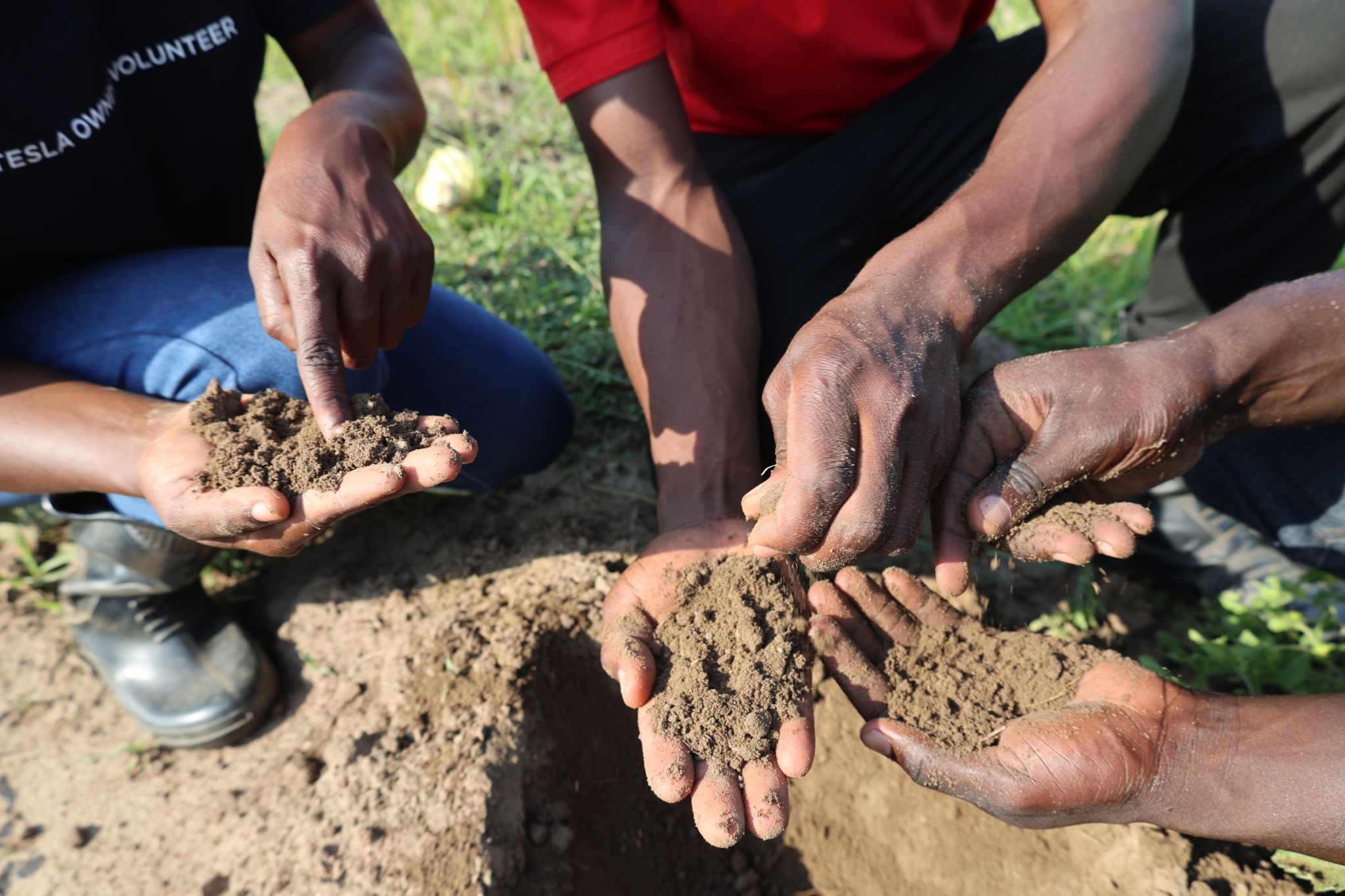
Stay tuned
Sign up to receive the PIP newsletter.
